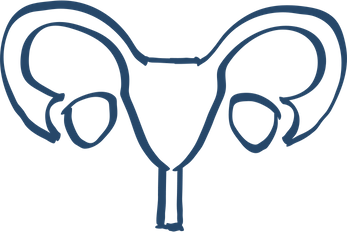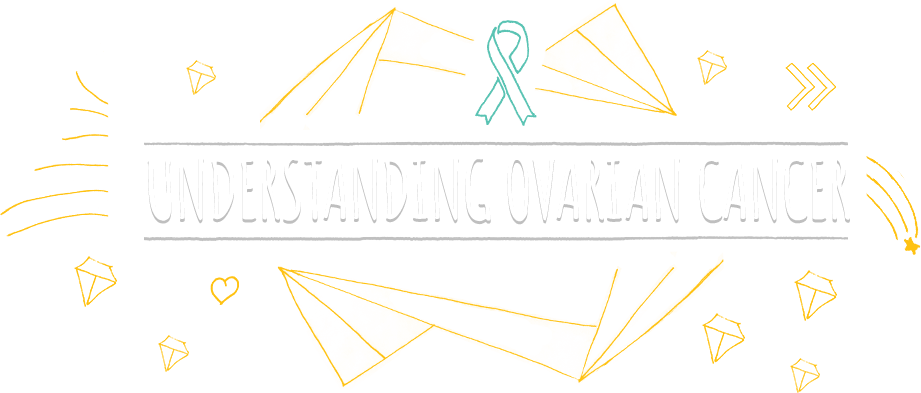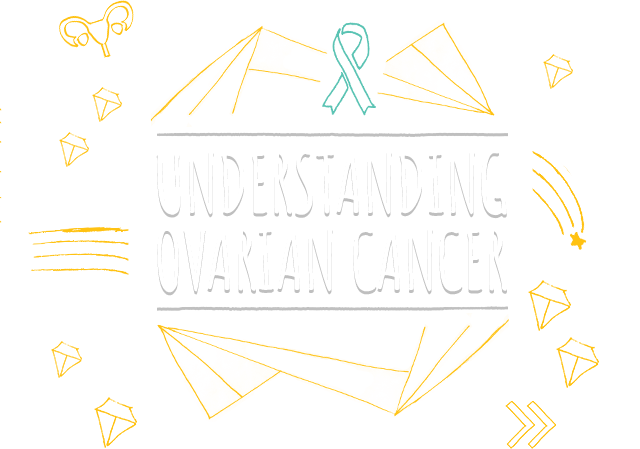Living With Ovarian Cancer
When you or someone you love is diagnosed with ovarian cancer, initial feelings of shock, confusion, sadness, and even anger can arise. While it is completely normal to experience these feelings, having access to information, resources, and support can make it easier to cope. It’s important to take the time to:
| Understand | what ovarian cancer is and how it affects the body |
| Learn | the specifics of your or your loved one’s diagnosis |
| Ask | a doctor about treatment options and work together to set treatment goals |
| Keep | medical and financial records up to date and organized |
| Turn | to family, friends, and advocacy groups for support and resources |

About Ovarian Cancer
When living with or caring for a woman who has ovarian cancer, many questions about the condition may arise. Educating yourself on the basics of ovarian cancer can help prepare you for what's next.

Ovarian Cancer Treatment
There are several treatment options available for those living with ovarian cancer and their doctors to consider.

Maintenance & Recurrence
Once those living with ovarian cancer respond to platinum-based chemotherapy, there are several treatment approaches that they can take, including maintenance therapy.

Genetic Characteristics & Testing
Components of your genetics, specific gene mutations and biomarkers, can impact the risk of developing certain cancers, and also inform treatments you may be eligible for. Learn more about these genetic characteristics, what they mean for you, and how to undergo testing for them.

Clinical Studies
For those with ovarian cancer, participating in a clinical study is an option to consider. Clinical studies offer treatment options that are not yet available to everyone.

Ovarian Cancer Glossary
Browse the ovarian cancer glossary to learn the meanings of key terms used on OurWayForward.com


